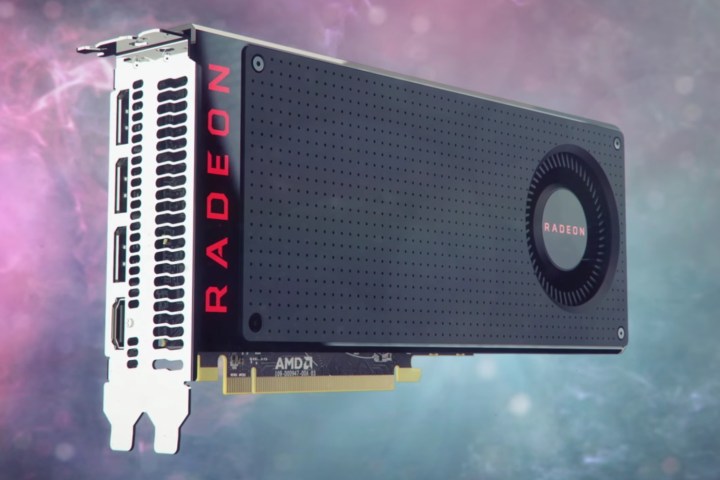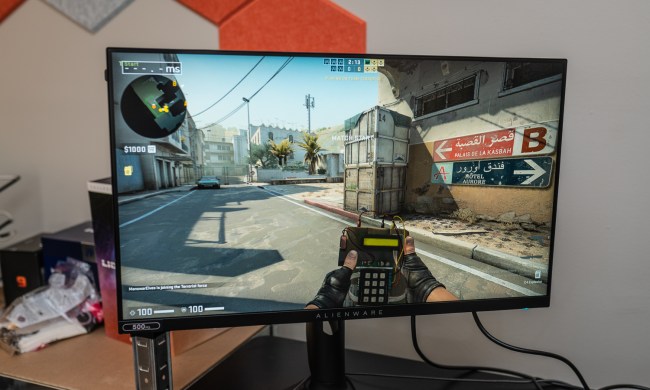
AMD has been struggling to compete in the high-end desktop CPU market for many years, and partly as a result, it has been a while since AMD was profitable. While it didn’t manage to turn a profit in the first quarter of this year, it still saw revenue rise by 18 percent over the same period in 2016. As Ars points out, too, that’s doubly impressive considering the first quarter is rarely a strong retail period for tech companies, even if they do launch their new products then. And of course, AMD did just that, with its Zen processors doing rather well.
Following on from that strong showing, AMD has only gotten fans more excited for Vega, AMD’s next-generation graphics architecture which could well challenge some of Nvidia’s top-tier offerings.
AMD said during the call that Vega was on track for release this quarter, which means we’ll see it, at the latest, by the end of June. That’s not long to wait and it could well be why Nvidia has been so keen to show off its dominance at the top end in the past few months with cards like the 1080 Ti and the Titan Xp.
Joining Vega in releasing this quarter is Naples, AMD’s new server CPU line based on the Zen architecture. As well know as the Ryzen line of Zen processors is to consumers, it’s arguable that Naples could have a bigger impact by virtue of it being designed for data centers. If a large percentage of the global market adopted AMD’s new CPUs over Intel, that could turn AMD’s fortune around.
And if the specifications are anything to go by, that may well happen, as the new Naples architecture looks strong when pitted against specification lists for comparable Intel Xeon chips.




